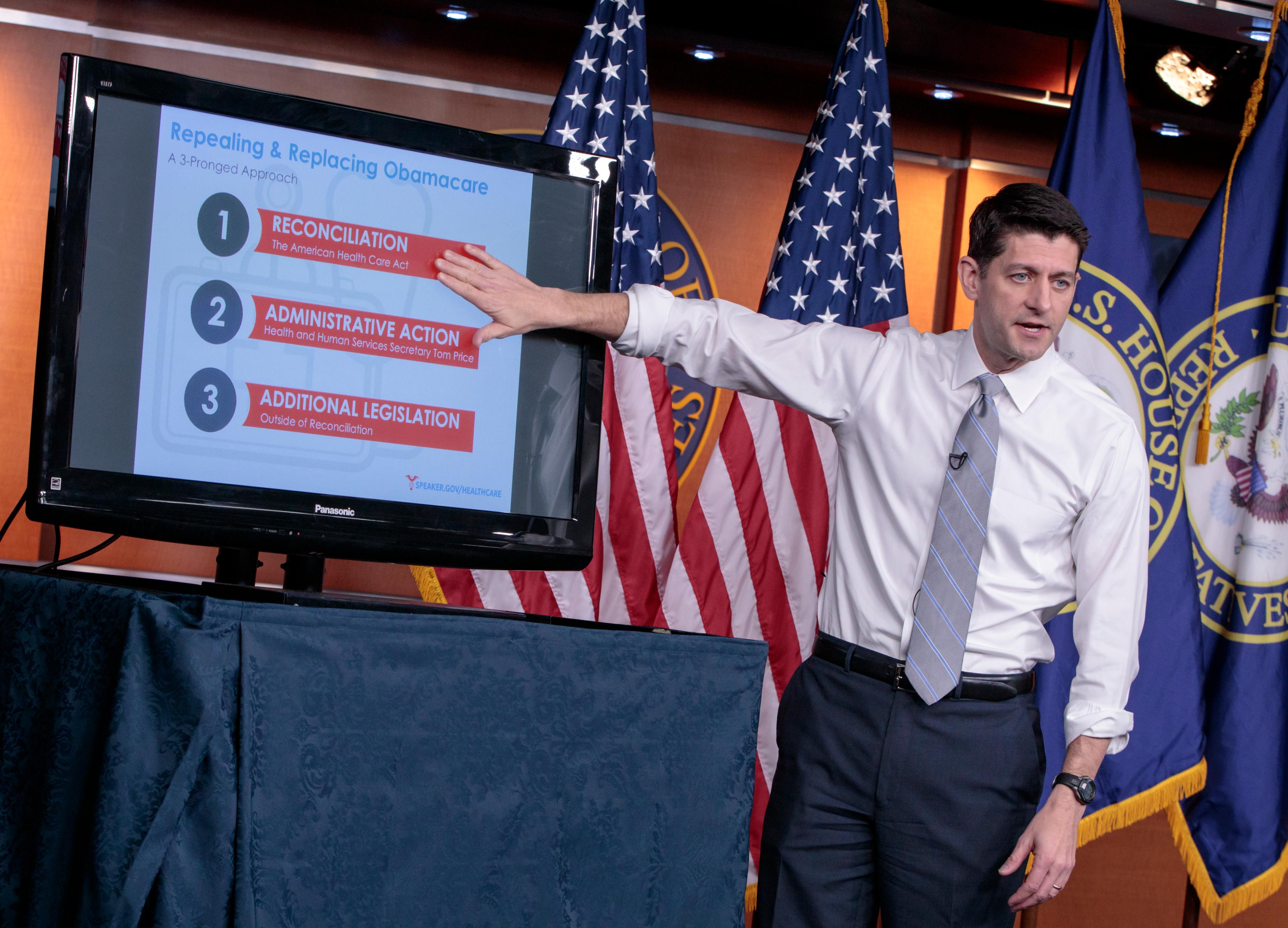
As a new health care debate gets underway in Washington, D.C. -- this time with a Republican president at the helm -- much of the discussion mirrors what many states have been talking about for years.
In 2006, the Colorado legislature created the Blue Ribbon Commission for Health Care Reform to come up with ways to reduce the number of uninsured Coloradans, which at the time hovered around 17 percent.
The Colorado effort came as Massachusetts passed a comprehensive health care plan in 2006 which aimed to insure most of its residents.
Colorado's commission came up with a proposal that included many of the provisions now part of Obama's Affordable Care Act, including a Medicaid expansion and the creation of a marketplace where the uninsured could purchase affordable insurance.
In the end, the 2008 recession halted some of Colorado's reform efforts, including a plan by then-governor Bill Ritter to raise the reimbursement rate for doctors treating Medicaid patients
Despite that, the commission did propose the creation of The Center for Improving Value in Health Care or CIVHC aimed at improving the health of Coloradans while containing costs. Today, CIVHC administers what's called the Colorado All Payer Claims Database which monitors data including the cost and quality of health care.
We asked the chair of the blue ribbon commission, Bill Lindsay, to join us to talk about how the debate back then compares to Obamacare and the current Republican proposal making its way through Congress. Lindsay retired last year as president of the Denver-based Lockton Benefit Group, an insurance brokerage.
He chairs a new state commission, the Colorado Commission on Affordable Health Care, which is tasked with finding ways to make the current health care system more cost effective. Lindsay spoke with Colorado Matters host Ryan Warner.








